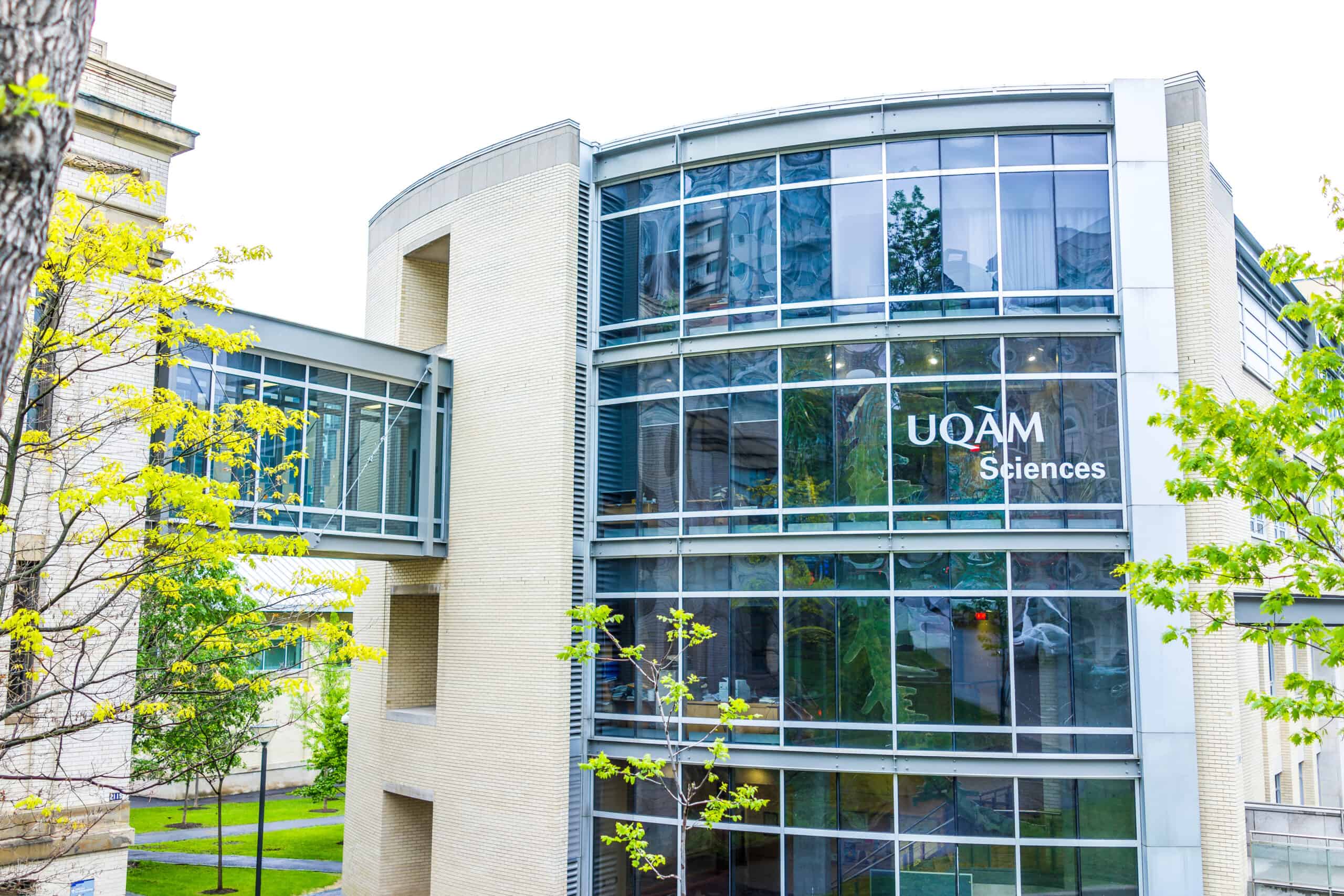Quebec universities have shown their unified disapproval towards the federal housing minister’s suggestion that Canada put a cap on the number of international study permits as a way to ease its housing shortage.
It comes after Immigration Minister Marc Miller recently said he was willing to reconsider international student enrolments.
It had been speculated that cuts to study permit issuances may not be implemented, considering Miller’s speech on maintaining or increasing Canada immigration levels. IRCC spokesperson Jefferey MacDonald’s statement – on IRCC not establishing levels/caps for study permits the same way they do for permanent residence programs – had reinforced this idea.
However, federal housing minister and former minister of immigration Sean Fraser deviated from this precedent on Monday by stating that capping the unprecedented growth in international students to Canada is an option to reduce housing demand.
Administrators, professors, and students alike have since rejected this idea by arguing that while the cap would make little improvements to the housing crisis, its negative consequences for university research and skilled immigrant access for Quebec would be too great to ignore.
Read More
11 Tips for a New Immigrant to Manitoba
Canada Should Re-Think its Policies for International Students
Eight Essential Tips for New Immigrants to British Columbia
Some objecting parties have even suggested that the housing shortage is not linked to international students at all.
“The (housing) problem is real, the problem is serious, but it’s a problem that’s been developing over the past two decades as a result of structural issues that I think are not related directly to the influx of international students,” said Daniel Jutras, the rector of the Universite de Montreal.
“Cutting down on the number of international students is just not a good idea given the significance of their presence in Canada and the contributions that they make.”
Quebec Premier Francois Legault and other ministers also objected to Fraser’s proposition by highlighting that education is provincial jurisdiction.
The Canada federal government issued more than 540,000 new international study permits in 2022, up 24 percent from 2021.
This is part of a larger trend of rising international student intake in Canada over the years; since the mid-2000s, the number of study permit holders in Canada has increased steadily, being little over 200,000 in 2009 and having reached 638,300 in 2019.
‘Absurd To Blame International Students’
Similarly, international students in Quebec have doubled in number over the past ten years. There were 58,675 international students at Quebec universities as of December 2022, which is an increase of 10,000 from 2021 (when they accounted for 14 percent of the total student body). An additional 19,460 international students study at public junior colleges and private career colleges.
The CBC report details the opinions of McGill University law and political science professor Victor Muniz-Fraticelli on this matter.
“It’s completely absurd to blame international students in a city like Toronto, or Vancouver, or Montreal when they represent a tiny percentage of the population and have a completely different housing market than long-term residents,” he said in an interview.
Further, he believes that while the rise in international students could have a larger effect on small university town housing markets, their effect on big cities is inconsequential.
Muniz-Fraticelli described the housing shortage as a primarily urban problem, wherein Canada’s failure in building sufficient housing and its inefficient municipal regulations to encourage the construction of social housing are contributing factors.
Canada’s worker shortage is a huge reason for this issue. In fact, provinces like Ontario would need 100,000 workers to meet their housing demands – a goal for which immigration becomes vital.
Watch video:
In such a situation, as per Muniz-Fraticelli, limiting foreign student numbers “would cause a tremendous amount of damage to one of the great advantages that Canada has in the world, which is its excellent educational system and its excellent research and teaching facilities.”
CBC reports that Union étudiante du Québec president Catherine Bibeau-Lorrain said that Canada should be encouraging qualified immigrants to help with labour shortages.
Jutras further justified his reasoning for supporting international student inflow into Canada by arguing that their payment of higher tuition fees does not impact his decision; according to him, two-thirds of the international students at U de M are from France and Belgium, paying lower rates due to agreements between their governments and Quebec.
Instead, he asserted that international students are brought to Canada because “they bring significant value” to university programs and research.



